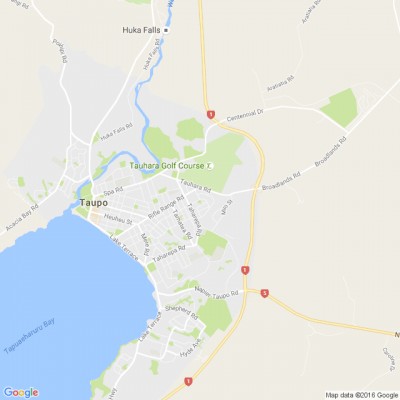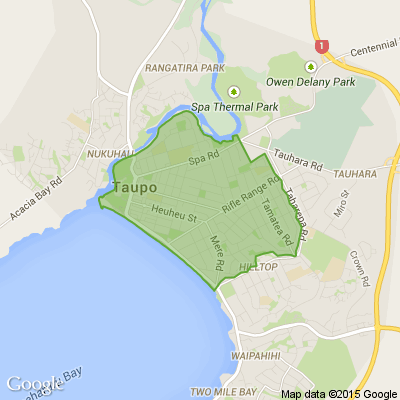Radio frequency identification upgrade for libraries
Radio frequency identification technology is to be installed in Taupō and Turangi libraries.
The new technology means library users can issue, return and renew books themselves via ‘checkout’ kiosks and it replaces the older barcode system. As well as being more convenient for users it also frees up library staff from having to manually manage books.
Head of community, culture and heritage Dylan Tahau said radio frequency identification is the industry standard and library staff would be on hand to help users with the new system.
“Radio frequency identification has been adopted by most libraries throughout New Zealand and it’s easy to use and saves time for library users. It’s also great for our library staff as it means they don’t have to be in the back rooms processing books and can instead be out on the floor helping people get the most out of their library. While there won’t be an issuing desk anymore there will still be the same number of staff there to help, and they will be easy to identify as they will be wearing branded t-shirts,” he said.
The new technology will be installed over the coming weeks and will go online on September 13.

Poll: Are domestic flights with Air NZ out of your budget?
A Tauranga man has filed a complaint with the Commerce Commission, claiming that due to dynamic pricing, it’s cheaper for him to fly to Los Angeles than to book a flight for his daughter from Tauranga to Wellington.
Do you think their pricing needs addressed to encourage more people to fly?

-
95.6% Yes, it's too expensive
-
3.8% No, it's reasonable
-
0.6% Other - I'll share below
Show us your projects
Whether it's craft, haberdashery, woodwork or upcycling, we'd love to see what you've been working on lately.
You may even spark someone else's creativity...
Tell us about your current project or show us a picture in the comments below...

Your Will can support your community forever
Writing your Will is one of the few moments in life when you can choose to commit to giving significant financial support to the things you really care about in your community and across the world. Your decisions about what will happen to your money and assets after you are gone are an opportunity to make a real difference.
That’s the central proposition of The Bequest Report, newly published by financial advisors JBWere New Zealand.
Their research points to a curious anomaly of Kiwis’ generosity – our giving to charities over our lifetimes is relatively high by international standards, and yet the number of charitable ‘gifts in Wills’ is quite low here, when compared to bequest rates in equivalent countries.
This matters, because with the Baby Boomers beginning to pass away, the Western world is at the start of the largest-ever inter-generational transfer of wealth.
The Bequest Report is therefore intended to be a ‘call to action’, for all New Zealanders to leave a portion of their estates to charitable organisations, so that our society as a whole benefits from this moment in history.
What are the key researched facts in the Report that confirm this development?








 Loading…
Loading…











